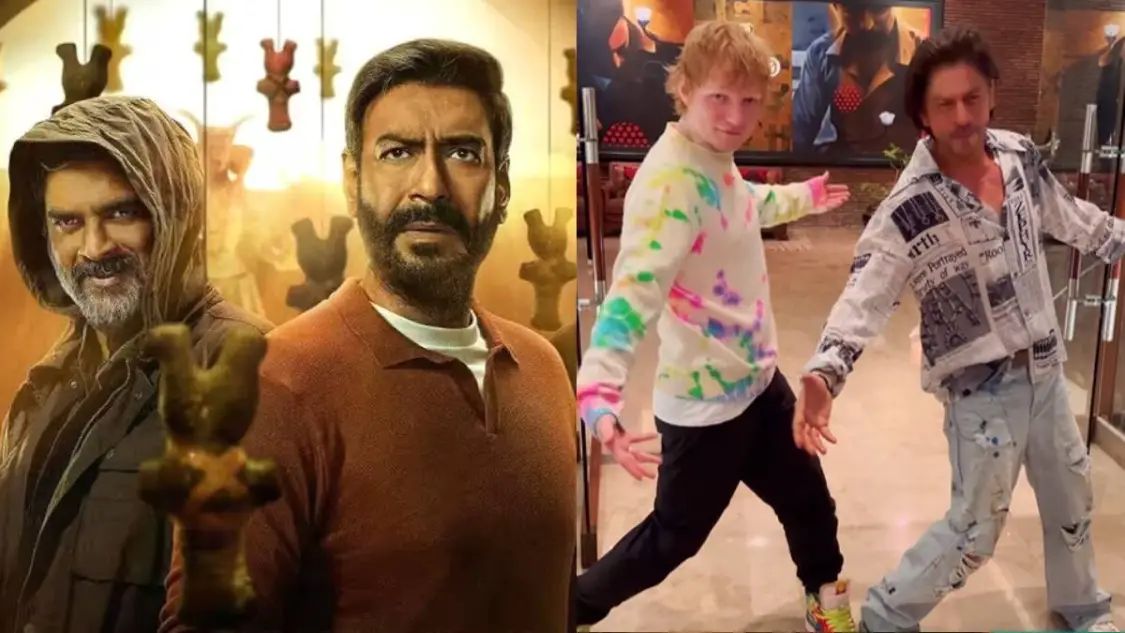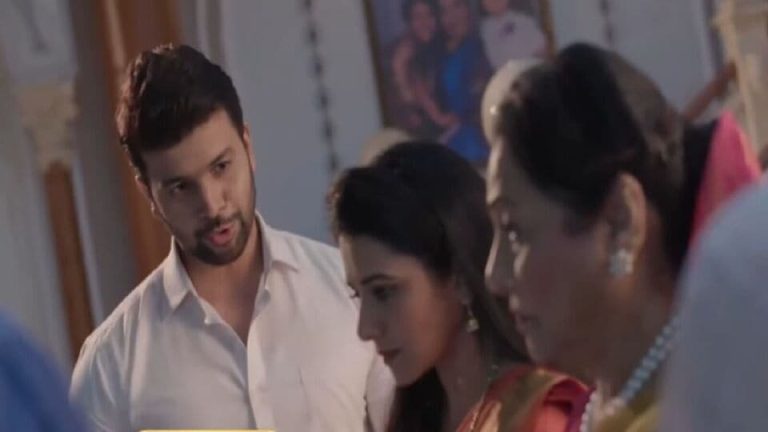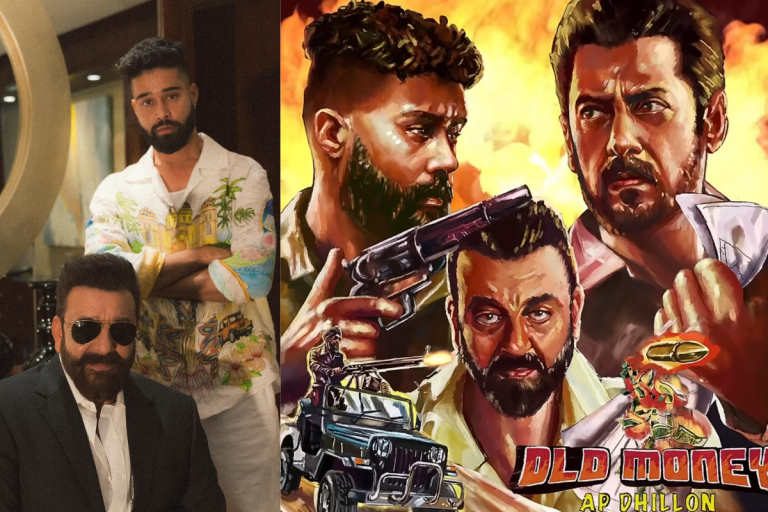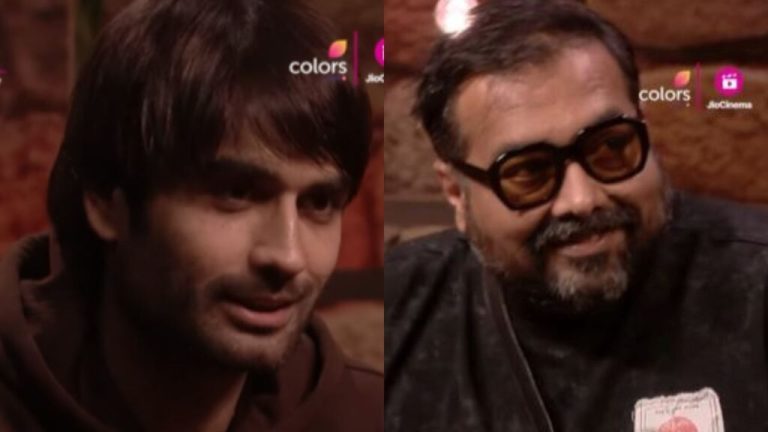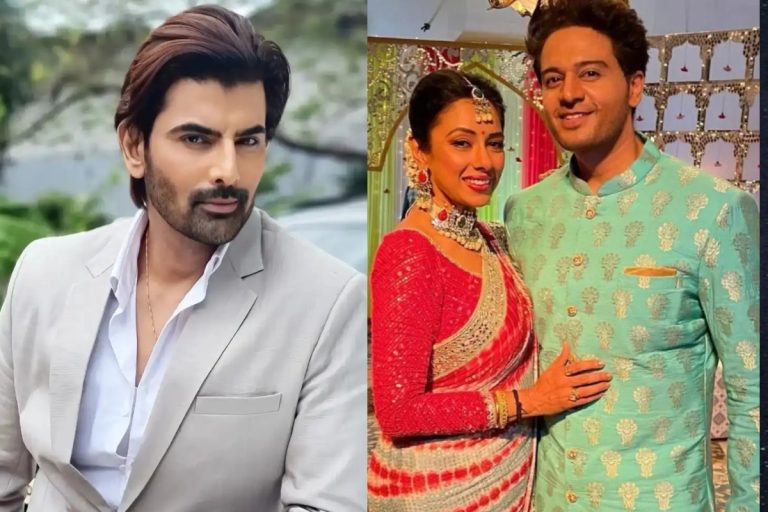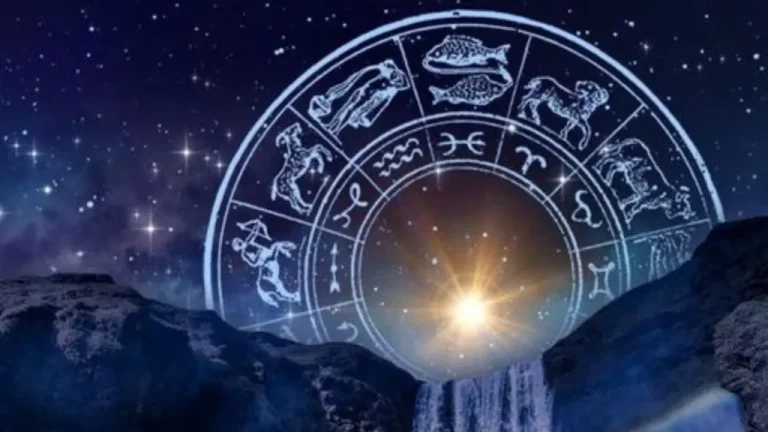Muhammad Ali Jinnah was a key figure in the making of India’s first talkie film Alam Ara. Here’s how
When Lumiere brothers’ The Arrival of a Train was first played for an audience in 1896, it is said that a few patrons actually got up from their seats and ran outside for they were scared that the train was coming towards them and would run them over. Such was the impact of moving pictures when they were first introduced to the world that the audience could not even comprehend that a visual being played on screen, wasn’t actually happening live in front of their eyes. In India, moving pictures came with the Britishers but our first homegrown film, Dadasaheb Phalke’s Raja Harishchandra in 1913, made Indians believe that building their own movie industry was an achievable dream. 111 years later, we know that this was totally worth it. 18 years after Raja Harishchandra, there was a rush in India to make the ‘first talkie’, where people would actually say their dialogues and the audience would not have to read cards on the screen, and this gave birth to Alam Ara.
In 1927, The Jazz Singer, which was the world’s first talkie film, had already been released and a couple of years later, when filmmaker Ardeshir Irani watched Universal Picture’s 1930 film Show Boat in Mumbai (then Bombay), he knew it was time to make India’s first talkie film. In a 1980 interview with BD Garga, Irani said that since there were no soundproof stages, and they would shoot indoors during the night so they could record the sound with the least amount of noise. But making a talkie was a “closely guarded secret” as other studios were also competing to make the first talkie of India. Irani shared that filming took “many months” as recording with sound was proving to be tricky.
Alam Ara’s troubles were not limited to its filming process but had actually started when they were casting for the film. In fact, the troubles became so massive that at one point Muhammad Ali Jinnah had to get involved. During this era, Muhammad Ali Jinnah was a renowned lawyer in Mumbai who was also a key member in India’s fight against the British Raj. Alam Ara was still in its casting process at the time and all the popular silent actors wanted to be a part of this historic film.
A still from Ardeshir Irani’s Alam Ara. (Photo: Express Archives)
One of those actors was Master Vithal, who was popular for his action movies, but he was also contractually bound with another company, Sharada Studio. Master Vithal was ready to let go of his contract in a heartbeat for he knew that the future of movies was in the talkies. Irani also wanted to cast him as he was a popular face and it was a sure shot way to attract the audience. But, as soon as Master Vithal signed with Irani for Alam Ara, Sharada Studios sued him. This is when Master Vithal approached the most high profile lawyer of the time, Jinnah, who defended him and eventually won, which allowed Master Vithal to play his desired role in Alam Ara, as per a Scroll article in 2015.
Jinnah, as it is well known, had an affinity towards performing arts himself. After his education in England, Jinnah had briefly considered a career in theatre at a Shakespearean company. But he gave up on this idea as soon as he received a strict letter from his father. Jinnah could never become an actor but he played a key role in getting the first Indian talkie made. Jinnah was the founder of Pakistan in 1947, and is one of the historical figures held responsible for India’s Partition.
Refusing India PM’s post to planning Kashmir attack: rumours and facts about Jinnah, on his birth anniversary
Casting Master Vithal might have been a battle but Irani soon realised that this probably wasn’t a good decision as the actor wasn’t good with speaking his lines. Irani constructed his scenes in a way where he had to speak a minimal amount of dialogues. After talkies took over, Master Vithal’s career as a movie star was over. Alam Ara also starred Zubeida and Prithviraj Kapoor. Kapoor family is still a part of the movie business. His great-grandchildren are actors Kareena Kapoor and Ranbir Kapoor. They are often called the ‘first family of Indian cinema’.
Six weeks after the release of Alam Ara, Madan Theatres released Shirin Farhad, which went on to become even more successful but lost out on the race of becoming India’s first talkie. In 1931, India saw the release of 28 talkies and it was evident that a new era of movies had arrived.
